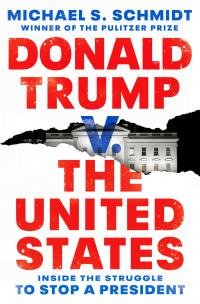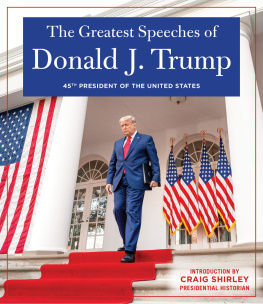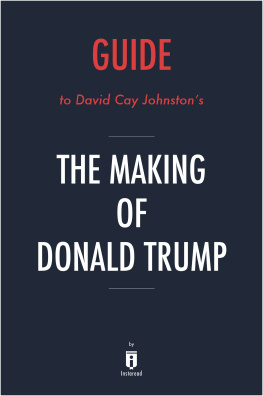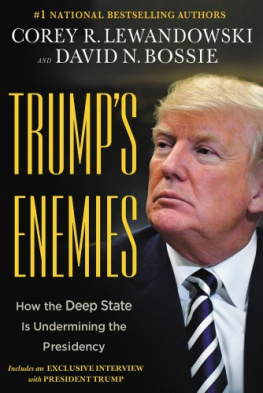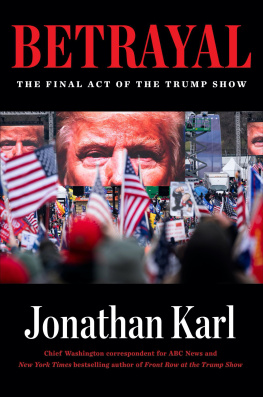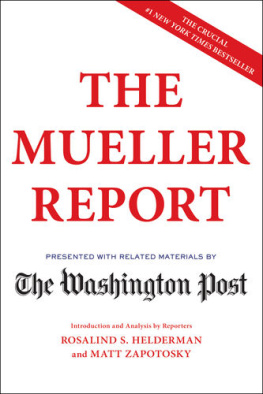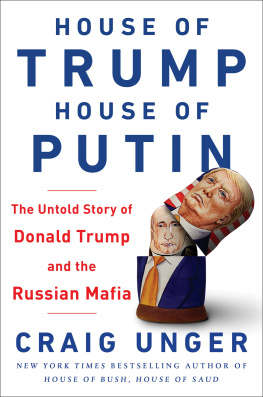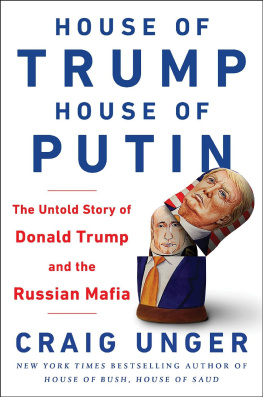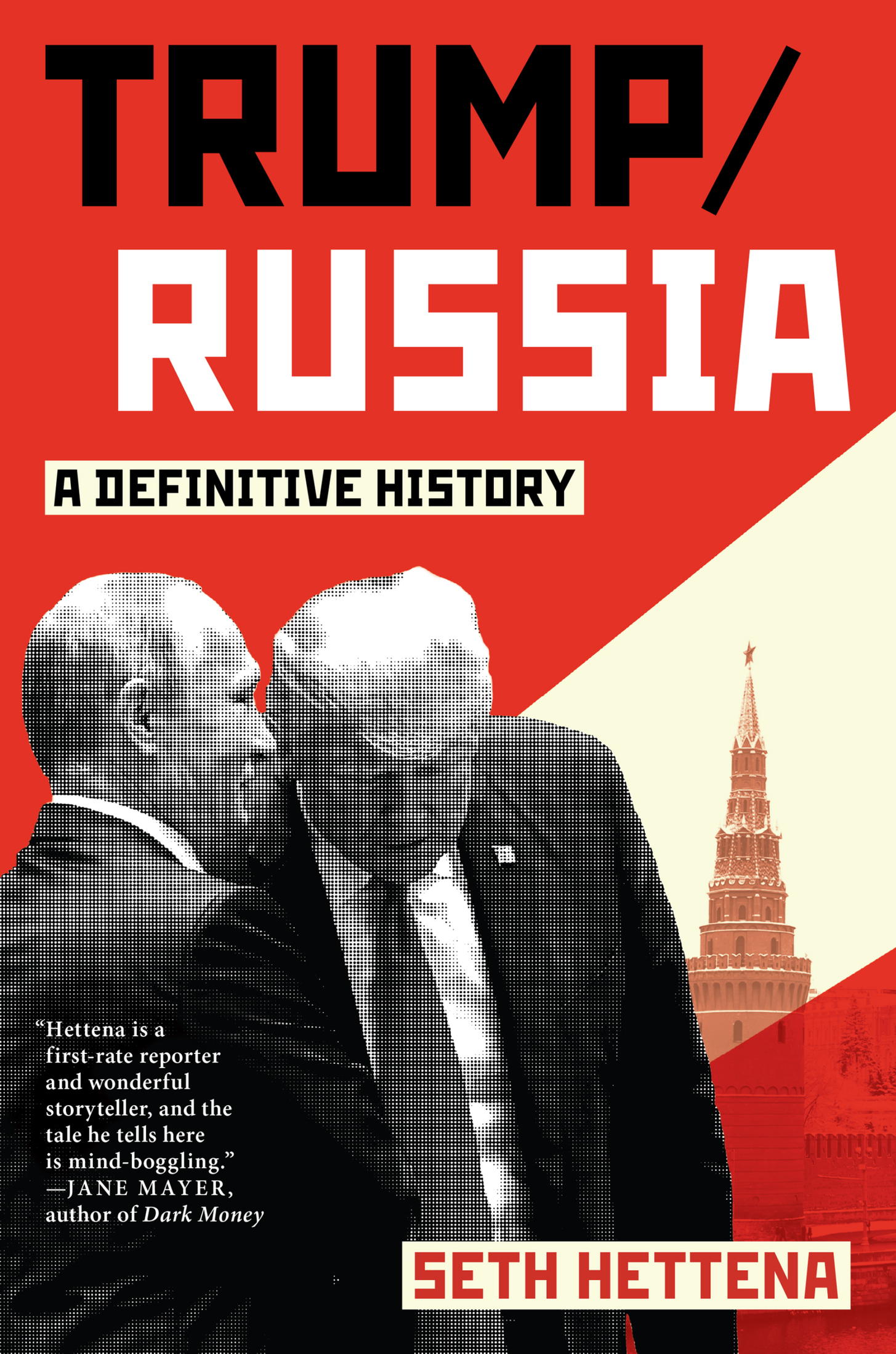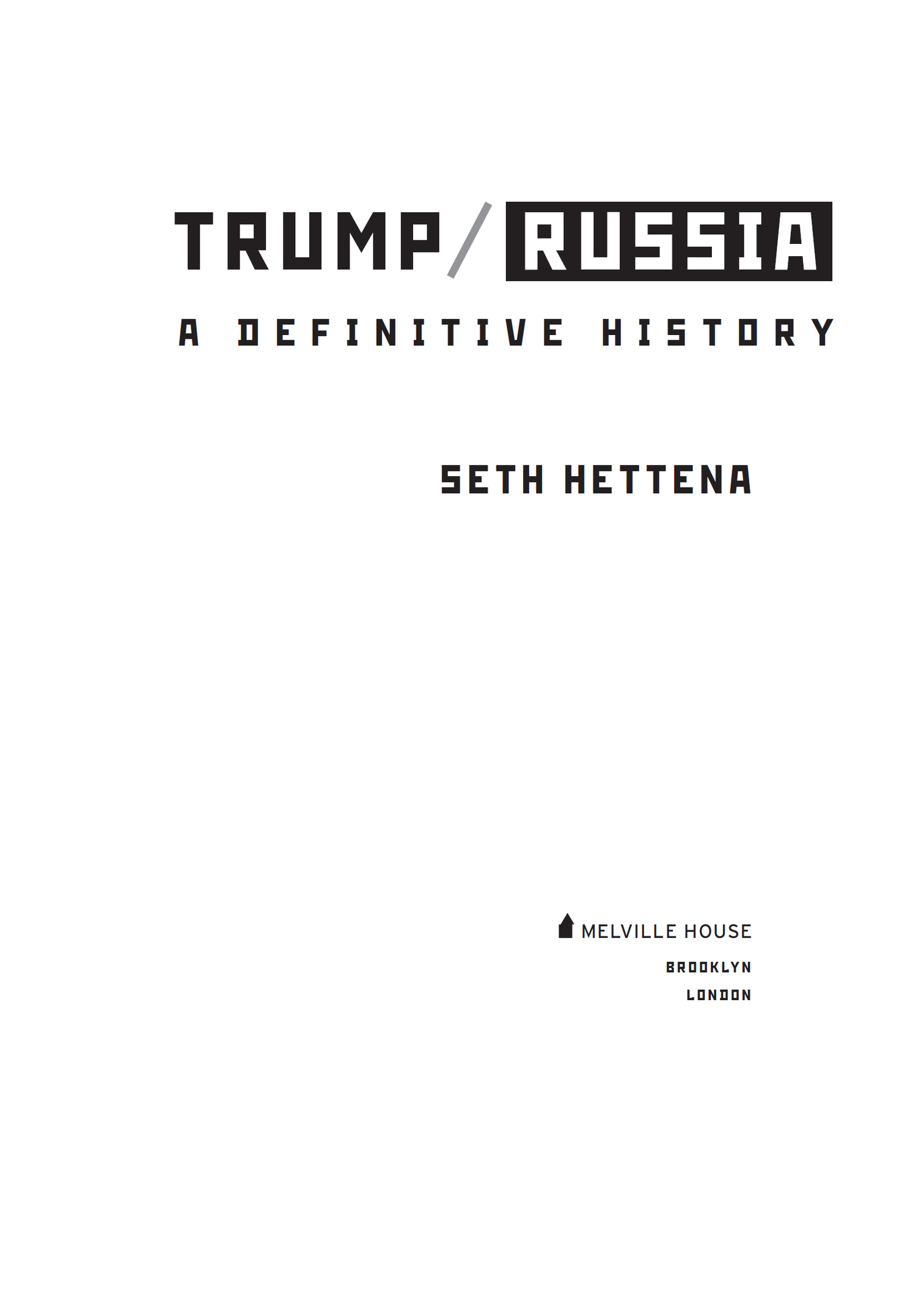INTRODUCTION
V LADIMIR LENIN IS OFTEN CREDITED WITH coining the phrase useful idiot to describe the shallow thinkers in the West who did the Communist Partys bidding without realizing it. During the Cold War, liberals consistently lived down to the stereotype that they were Soviet dupes, too gullible and weak-minded to see they were buying the rope that would hang them, as Lenin put it. With each passing day, it becomes more and more difficult to avoid the conclusion that the current president of the United States, Donald J. Trump, is either hiding something when it comes to the Kremlin, or simply one of its useful idiots. Neither conclusion is comforting.
In the halls of Congress and in the office of Special Counsel Robert Mueller, investigations are underway to determine whether Trump or members of his campaign and administration colluded with Russia to influence the 2016 presidential election. The answer appears more and more likely to be a resounding yes. A hoax or fake news, counters Trump, who peddles a shameless conspiracy theory that it was all cooked up by a deep state trying to stage a quiet coup and expel a president democratically elected by angry voters who sent him to burn the corrupt Washington establishment to the ground. The GOP-led House Intelligence Committees 14-month investigation found no collusion; the Senates investigation and the special counsels roll on. Hyped by the press, diminished by the presidents defenders, and analyzed by legions of armchair pundits and self-styled investigators, the Russia issue has split the country right down the middle, with half of all Americans believing that the Trump campaign did collude with Russia.
So divisive is this issue that it obscures the very real and very alarming fact that Vladimir Putin directed an information warfare campaign aimed at influencing the outcome of the 2016 presidential election. This is grave stuff, not fake news, but rather the sobering conclusion of the heads of the FBI, CIA, and NSA, as well as Special Counsel Muellers crack team of prosecutors. Acting on Putins orders, Russian intelligence broke into the networks of the Clinton campaign and the Democratic Party and stole thousands of emails, which were then released to WikiLeaks. At the same time, a shadowy Internet group based in St. Petersburg, Russia, directed employees to pose as Americans online and use social media to help Trumps chances and manipulate the 2016 election.
The battle is engaged. America is under attack by a foreign adversary, and for the first time in its history, this country has not responded. With more attacks sure to come in the 2018 midterm elections and the 2020 presidential election, government response of some kind is required, yet the commander in chief remains either unable or unwilling to do anything about it. President Trump rails on about witch hunts and hoaxes, and mocks the very intelligence agencies tasked with figuring out how to repel this assault on American democracy.
Despite Trumps pugilism, however, there has been one man he has not crossed: Vladimir Putin. Their relationship can be distilled to quiet admiration from afar. I think [Trump] is an experienced person, a businessman with very extensive experience, Putin told NBC News personality Megyn Kelly during an interview in March 2018, and he understands that if you need to partner with someone you must treat your future or current partner with respect, otherwise nothing will come of it. I think this is a purely pragmatic approach.
Trump for his part has not been shy about his admiration for Russias longtime president, whom he has called a leader far more than our president [Obama] has been. Just a few months before Putins NBC News interview, Trump acknowledged his belief that Putin and Russia did not interfere with the 2016 elections: [Putin] said he didnt meddle. He said he didnt meddle. I asked him again. You can only ask so many times. Every time he sees me, he says, I didnt do that. And I believe, I really believe, that when he tells me that, he means it. I think he is very insulted by it.
Trumps friendly history with Russia stretches back decades, to when Trump Tower first began taking on tenants after opening in 1983. From the beginning, the Russian Mafiya made Trump Tower a base for their skulduggery, a trend that continued when Trump built his Taj Mahal casino in Atlantic City. When that venture failed, and Trump spent the latter part of the 1990s bankrupt, he turned again to the Russians, hoping to sell them on a Trump Tower in Moscow. The Russian capital became such a favored travel and business destination for the Trump family that Eric Trump once quipped to a friend of the family, who reported it later, We have all the funding we need out of Russia[W]e go there all the time.
That affinity has long gone both ways. Russian oligarchs, criminal masterminds, and Kremlin-linked officials have been drawn to Trump and his properties for years. But prior to the 2016 presidential election, those connections, nearly all of them shady, remained behind a curtain. With Trumps candidacy came more audacious attempts by high-powered Russians to assist him in his run, by reaching out with numerous offers of secret back channels, dirt, and hacked emails. While this book does not deeply dive into some of the more recent examples (the Seychelles meeting between Trump and Putin associates to establish a back channel between the two presidents) or more obscure intrigues now being dredged up (Trumps phone call to Putin congratulating him on his election victory), it does lay out a comprehensive historical narrative of this relationship. The problem with this story isnt that theres a lack of material. Rather, theres far too much of it to go into every aspect in great detail, with new items of interest emerging at a breakneck pace. As I write this, news that Trump has dismissed Secretary of State Rex Tillerson (via Twitter, of course) is making the rounds, only a day after Tillerson had broken ranks with the administration to blame Russia for the poisoning of an exRussian spy in England. So is news that the Trump administration has finally announced Russia sanctions on the Moscow-based Internet Research Agency team for their election interference, the first time Trump, in his role as U.S. president, has ever punished Russia for meddling in the 2016 presidential election. At some point, my editor and I agreed that, barring revelations like these that we felt were groundbreaking, we would need to cease adding new items. To write a definitive history that is still writing itself may seem ambitious, but what most people need to know right now is how all this was even able to happen. What this book represents, then, is a primer that accounts for all the essential information anyone curious about this subject would need to know about the Trump-Russia scandal, as well as many of the side-stories that have formed along its periphery.


